Contents
I’ve been wearing glasses since I was ten years old. During that time I’ve become ever more uncomfortable with just how expensive glasses have become. As a fan of frugal living, therefore, over the years I’ve tested out all sorts of ways to save money on glasses. Today I’d like to talk about some of the most important lessons I’ve learned.
Get a Subsidized Eye Exam
The first thing you’re going to need when buying glasses for less is a prescription. It is this document that tells us what lenses you need to source.
Getting an eye exam isn’t expensive, but there are still some ways to save money. Firstly, some employers offer a free eye checkup – especially if you regularly work at a computer. Consult your staff manual or ask HR if your company offers such a perk.
A second option is keeping an eye out (ha!) for deals in your local area. I regularly see free or discounted vision checks advertised on bus tickets or online. Do your research and you could well land a free (or at least cheap) eye exam.
When you have your vision checked, be sure to request a copy of your prescription. Understandably many opticians don’t like giving them out, because they don’t want you going elsewhere to buy your glasses. Personally, I find that telling them I travel a lot for work, so I like to have it with me in case I have to replace my glasses at short notice tends to be accepted quite well.
Ignore the Designer Frames
A few friends of mine wear nothing but designer glasses. Good for them. In my eyes (ha!), however, these frames really don’t look all that different to “unbranded” equivalents. If you want to save money on spectacles, just like when grocery shopping avoid the “branded” products and go for the equivalent of shops own brands. I’ve never had a problem with non-designer frames.
Consider the Lense Options
Buying glasses isn’t as simple as selecting some frames that you like; you’ll also need to consider a range of different lense options. Some of these make sense, others may not. It all depends on your personal circumstances. Personally, I recently upgraded my lenses to those that darken in the sun, but I spent decades before that without them. So be tight-fisted, and consider what “add-ons” you genuinely need.
Buy Your Glasses Online
While high street opticians are slowly catching up, in my experience the cheapest glasses are normally found online. I’m in the UK, and have been using Glasses Direct for the last 5+ years to source my spectacles. I not only find their customer service excellent, but their prices are out of this world.
Shop Around
A friend of mine doesn’t like the idea of buying glasses online; he wants a real human to fit the glasses perfectly for him. If that’s the case then be willing to shop around. Visit a number of local opticians in order to see who offers the very best deals. Once again, the bigger chains often offer some kind of sale, promotion or discount so be prepared to wait for these opportunities to save money.
Reuse Your Frames
Regular eye exams are important, as our eyesight can change over time. But just because you need new lenses doesn’t mean that you necessarily need new frames too. Many opticians will happily replace your existing lenses, saving you money when you don’t have to purchase new frames. It never hurts to ask.
Look for Multibuy Deals
Glasses Direct often runs a multibuy deal, and they’re far from the only optician to do so. Investigate the fine print in order to assess whether you can save money. For example, could you get a second pair for free (to keep in your car, for example) just in case? Even better, could you and your partner go together, getting a pair each? These deals don’t always make sense, but until you investigate them you can’t be certain.
Take Proper Care of Your Glasses
I wear my glasses all day, every day. That means that they’re at constant risk of damage. And if that happens then further expense can be incurred. Taking proper care of your glasses can therefore extend their lifespan, saving you money along the way.
For one thing, regularly clean and polish your glasses to keep the frame in good condition. Be mindful when doing anything that could harm your glasses – such as DIY or sports. For these occasions I either swap my “nice” glasses for an older pair I have kept, or I use cheap disposable contact lenses for short periods of time.
In addition, investigate whether your insurance covers glasses. Be that health insurance or possessions insurance, some people find that damaged glasses are repaired or replaced very cheaply.
Take Care of Your Vision
Lastly, and arguably most importantly, take care of your vision. Doing so will mean that you don’t need to replace your glasses regularly. Indeed, despite regular check-ups, I’ve used the same optical prescription for the last 10+ years because my eyesight hasn’t changed.
This means avoiding all those things that we know are bad for us. Avoid sitting too close to your computer screen, and take regular breaks. Try not to read in low light, and wear polarized lenses in the summer to protect your eyes from harmful UV light.
As a closing thought, don’t scrimp on those eye health exams. Skipping one may save you a little money in the short term, but you might not identify more serious, long-term issues. If in any doubt, spend the money to see a professional. It could turn out to be the best investment in your sight that you ever make.


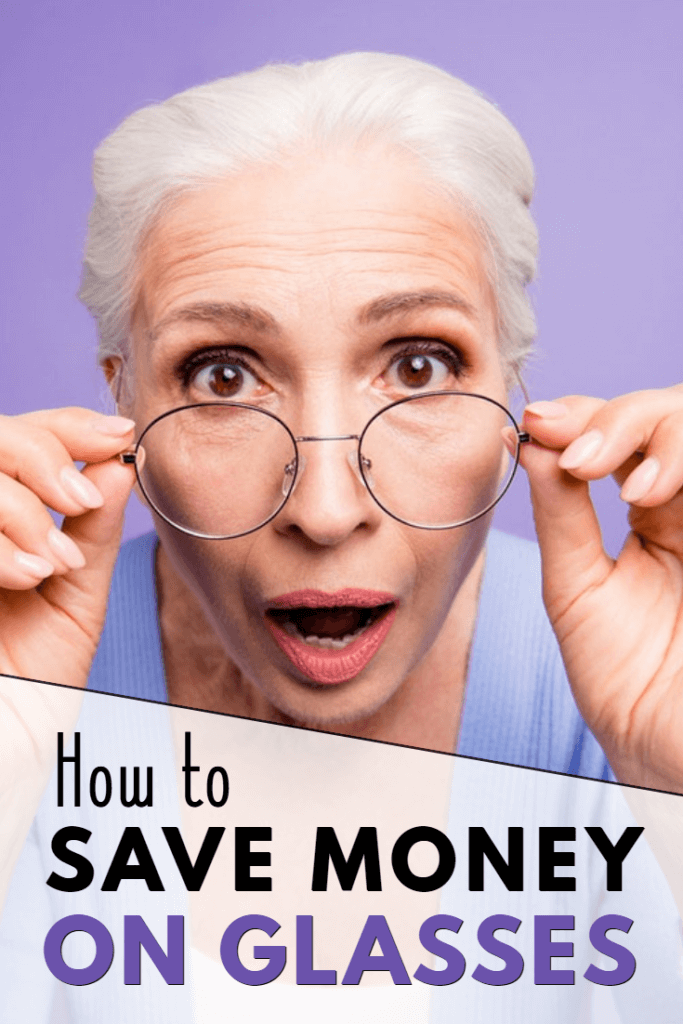

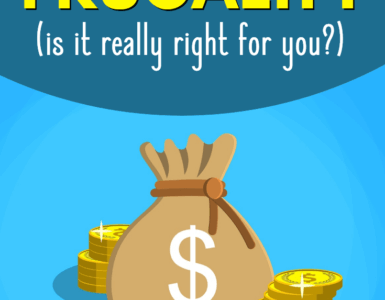

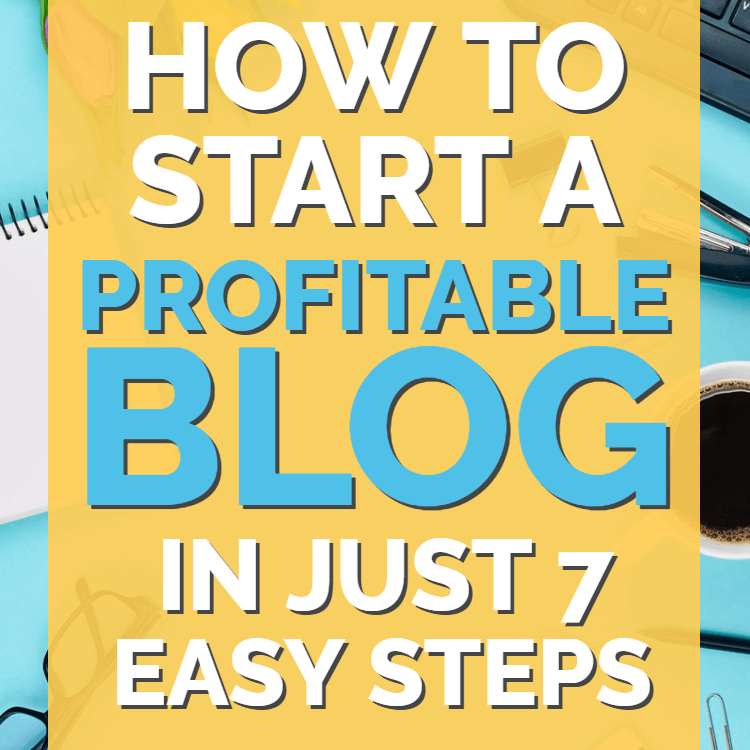


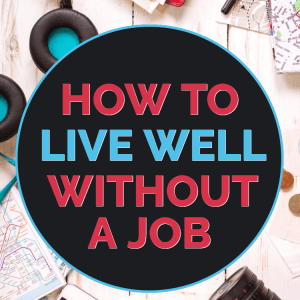
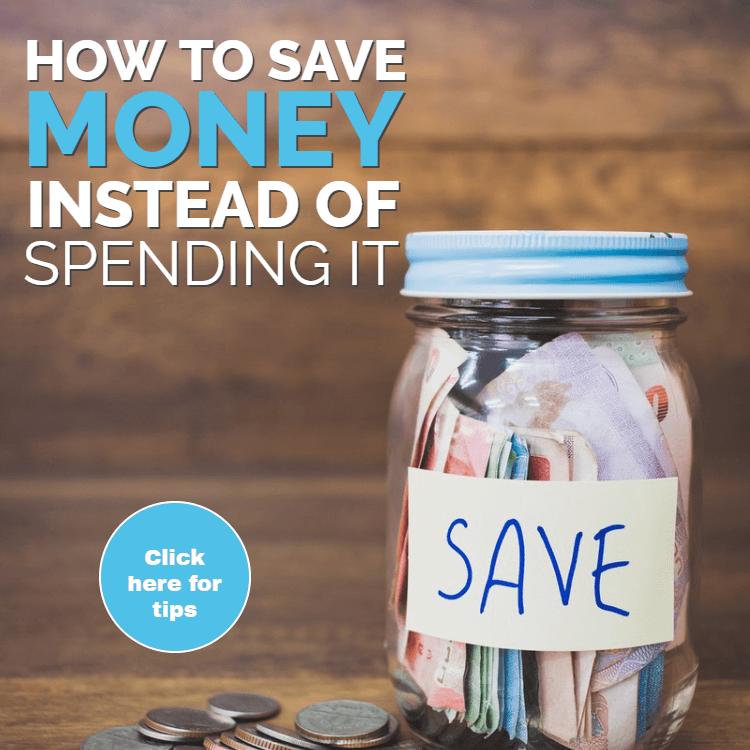
Add comment